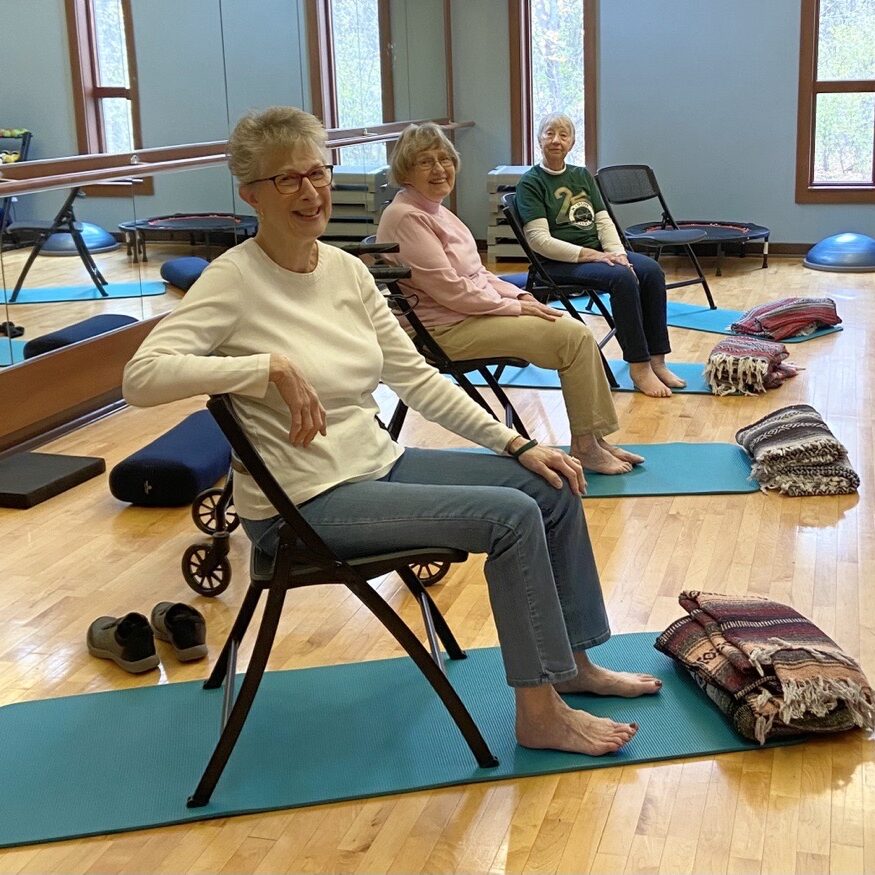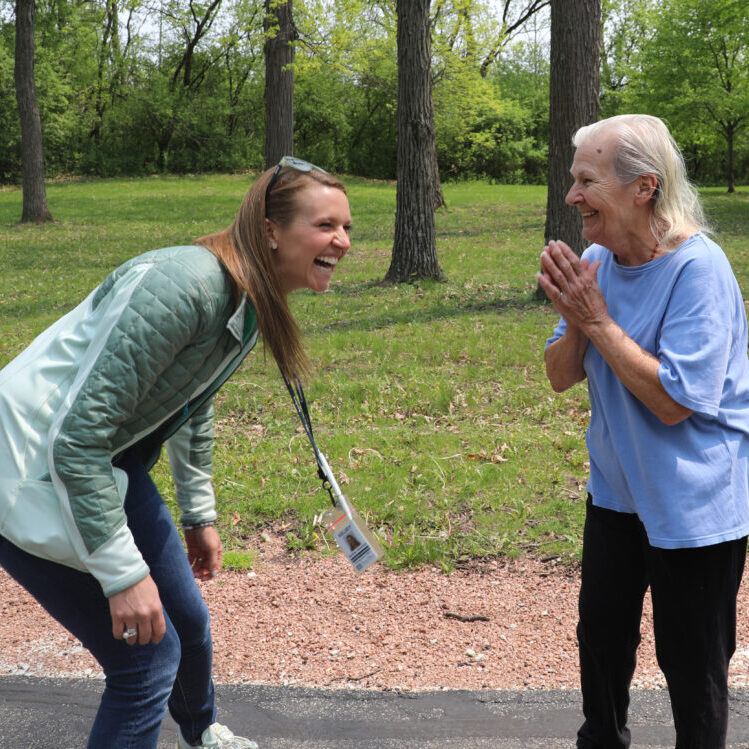Gardening: a Universal Language and a Powerhouse of Benefits for Older Adults
Last month, two of our Facebook and Instagram posts featured residents with green thumbs. One pictured Clarence, a resident at our Masonic Health Care Center, tending to the raised bed resident garden, giving it a healthy shower. The other showed Lois with some ginormous cucumbers she grew herself in another of our campus gardens.
Between the two posts, their likes, comments, and shares helped these photos reach over 1,000 peoples’ news feeds, undoubtedly spreading smiles along the way. They were popular posts!
What is it about gardening that’s special, nourishing for the soul, and a universal language to so many?
The Benefits are Real
For one thing, science has shown that the benefits of gardening for older adults are tangible and countless, so what’s not to like, comment, and share about there! According to one Australian study from January of 2020, older adults who gardened reported enhanced self-esteem, productive endeavors, social engagement, and exercise. Another study indicated that older adults who garden experienced physiological and psychological relaxation by lowering blood pressure and enhancing brainwave activity.
Outside of the studies specifically pertaining to older adults, still more research shows that gardening can promote relief from acute stress for adults of all ages by decreasing cortisol and self-reportedly improving mood.
What’s more, if fruits or vegetables become the result of your labor of love (aka your gardening skills), you’ll naturally be more inclined to eat them to enjoy the fruits of your labor. This, in turn, boots nutrition and provides one great way to encourage eating more fresh produce, which of course is good for the body. (Want to learn 10 more ways you can sneak more fruits and veggies into your diet? Read our blog post about that here!)

Gardening is a Universal Language
Whether you’re 10 or 100, or if you live in Milwaukee or Moscow, you know what gardening is. It’s relatable, understandable, and respected worldwide. For some it’s a hobby, pastime, or leisure endeavor. For others, it’s a lifetime career to support a family. For still more, it’s a combination of both, and as the agritainment and farm-to-table industries continue to grow, we may see even more of growing food and plants.
When you see someone getting their hands dirty planting their spring garden, or the smile beaming on their face as they show off how beautifully their garden’s harvest turned out – whether you see them in person or a photo of them on social media – it’s hard not to relate and smile.
Seeing and Thinking is Feeling
So can just seeing the gardening photos benefit you? There’s a neat mind-body phenomenon that humans experience.
“How you think can affect how you feel. Inversely, how you feel can affect your thinking.”
If you see a photo on social media of a man proudly watering his garden, your mind may just take you back to the last time you yourself gardened. Similar to how guided imagery works, the more you think of that pleasant experience, it can be almost like you’re there gardening, yourself, and trigger those stress-relieving feelings that gardening has been proven to produce.
Research shows that what your brain produces depends partly on what you think and feel, so keep thinking positive, relaxing, pleasant thoughts (about gardening!) to keep your brain chemicals flowing positively.

If you have an opportunity to get outside and dig in the dirt a bit yourself, seize the chance and put that green thumb to work. And the next time you scroll past a photo on social media that makes you smile, sit with it a while and let that mind-body connection do its thing.
While you’re at it, give the two posts that inspired this article a thumbs up, too – you’re sure to smile.
Have something to add? Leave us a comment below!




